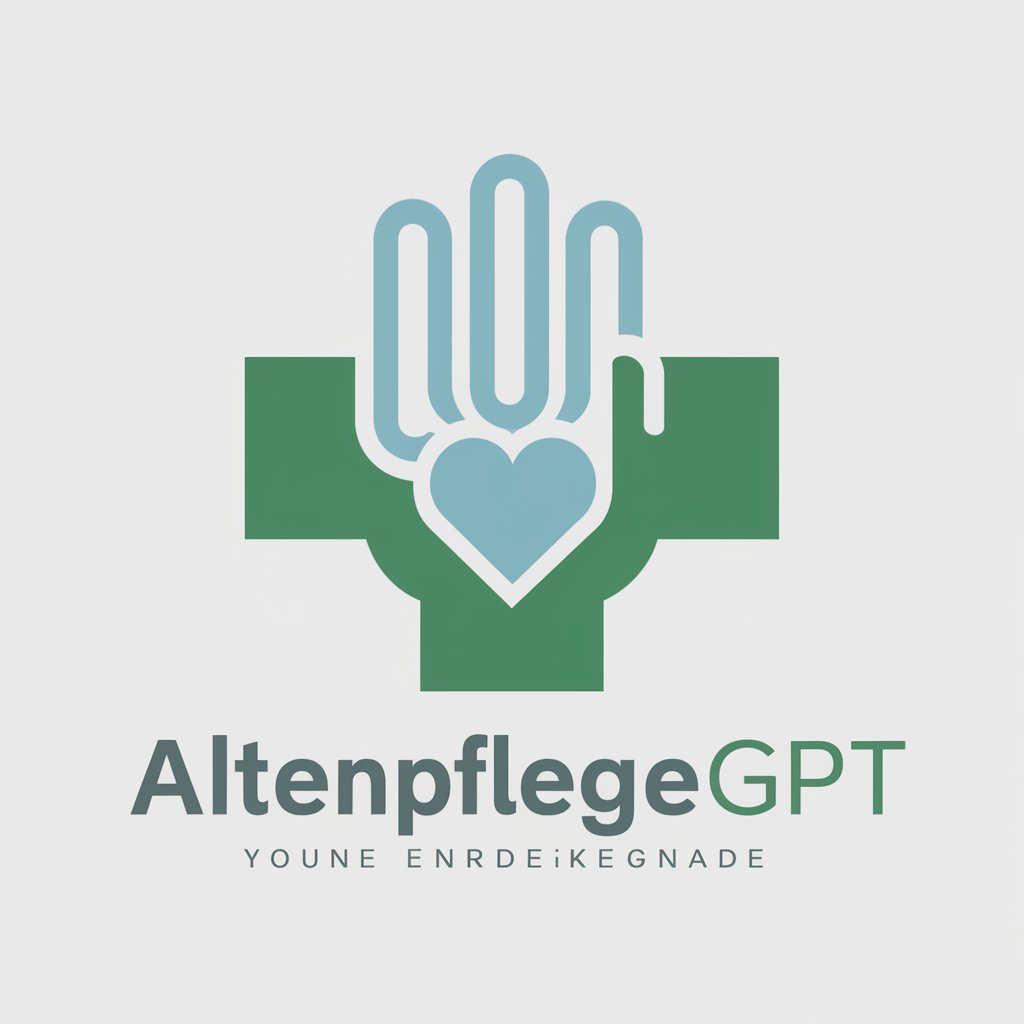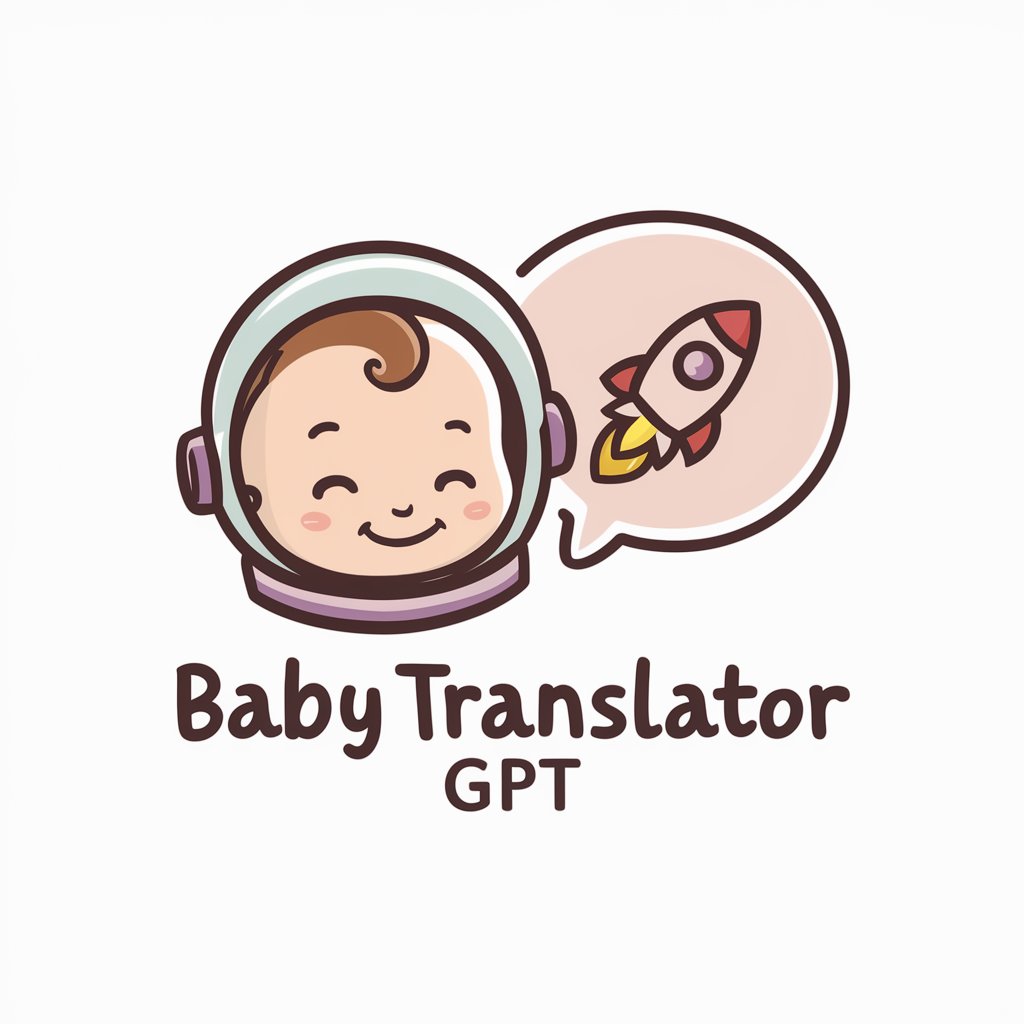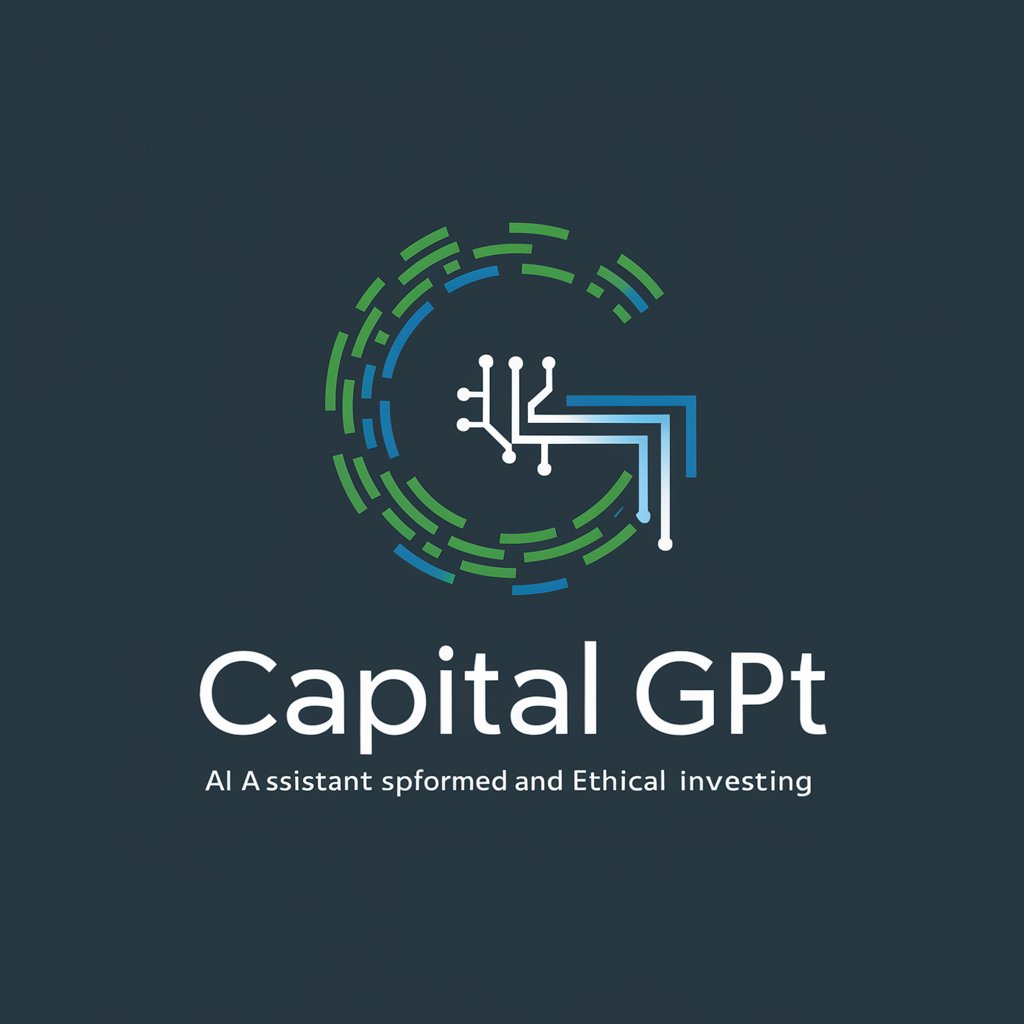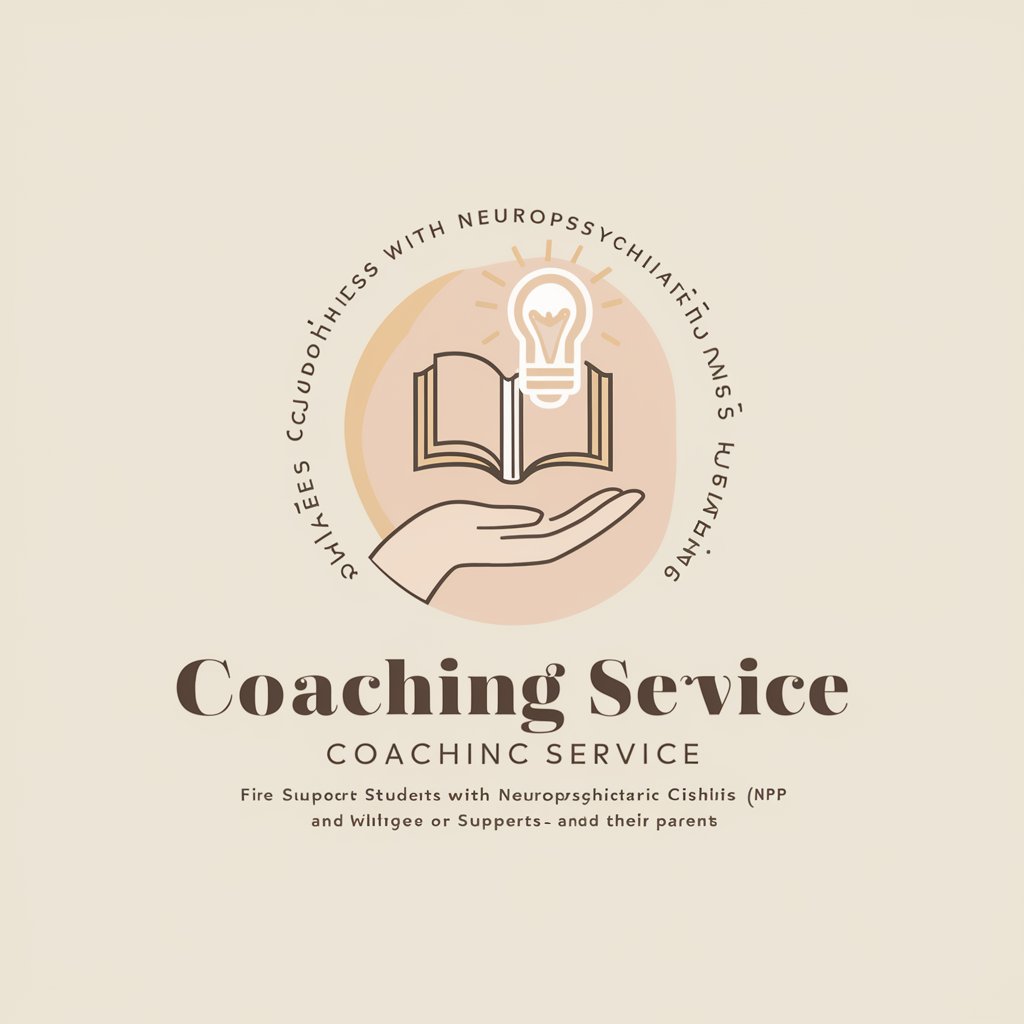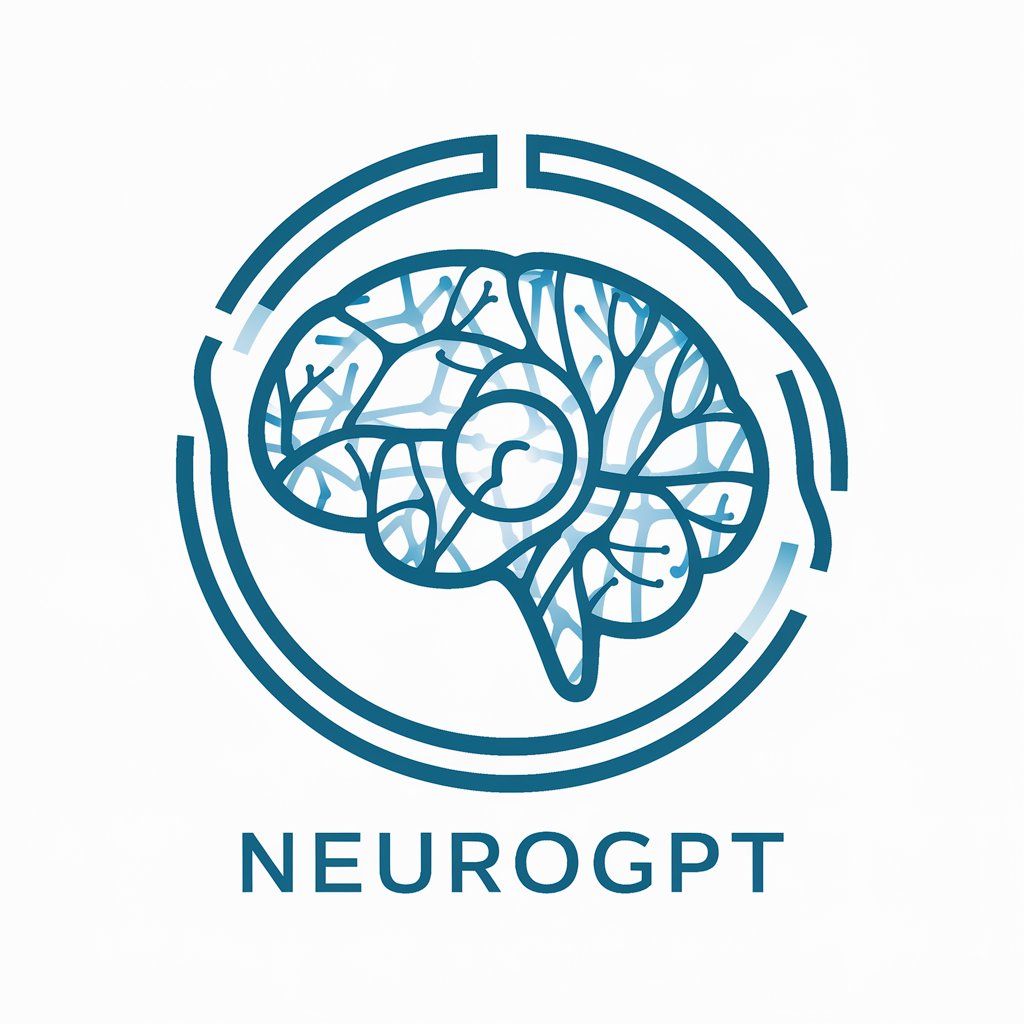
Alzheimer's Disease GPT - Alzheimer's Support & Info
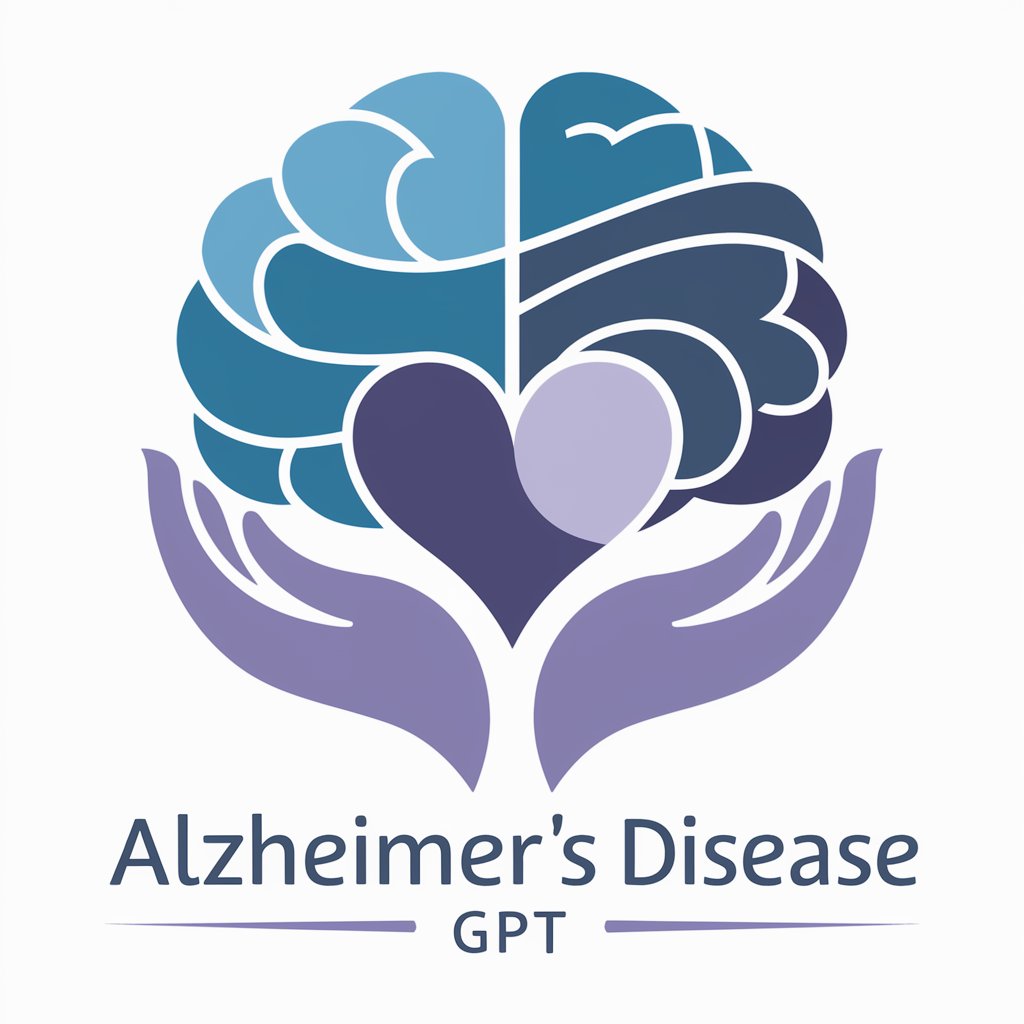
Hello! How can I support you with Alzheimer's information today?
Empowering Alzheimer's care with AI support
Can you explain the early symptoms of Alzheimer's disease?
What are some effective ways to support a loved one with Alzheimer's?
How does Alzheimer's disease progress over time?
What research is being done to find a cure for Alzheimer's?
Get Embed Code
Overview of Alzheimer's Disease GPT
Alzheimer's Disease GPT is designed as a specialized conversational agent tailored to provide support and information related to Alzheimer's disease and dementia. Its primary purpose is to offer assistance by understanding and addressing the concerns of individuals impacted by Alzheimer's, whether they are patients, caregivers, family members, or healthcare professionals. The design integrates a compassionate and empathetic communication style with accurate, research-based information, avoiding medical advice or diagnoses. For example, it can explain the progression of Alzheimer's disease in a way that is easy to understand, using metaphors or analogies to illustrate complex concepts, such as comparing the brain's function and its changes during Alzheimer's to a library losing its books and organization. Powered by ChatGPT-4o。

Core Functions of Alzheimer's Disease GPT
Information and Education
Example
Explaining the stages of Alzheimer's disease, symptoms, and potential management strategies.
Scenario
A user inquiring about the early signs of Alzheimer's can receive a detailed explanation of the symptoms, such as memory loss that disrupts daily life, challenges in planning or solving problems, and changes in mood or personality.
Support and Guidance
Example
Providing emotional support and practical advice for caregivers.
Scenario
A caregiver feeling overwhelmed can receive tips on managing day-to-day care, coping strategies for stress, and information on support networks and resources.
Resource Navigation
Example
Guiding users to appropriate services, support groups, and professional care options.
Scenario
When a user needs to find local support services for a relative with Alzheimer's, the GPT can offer guidance on how to locate and access these resources effectively.
Target User Groups for Alzheimer's Disease GPT
Caregivers and Family Members
These users benefit from Alzheimer's Disease GPT by receiving support and information tailored to managing the daily challenges of caregiving, understanding the disease, and navigating healthcare and support services.
Patients with Early Stage Alzheimer’s
Patients in the early stages can gain insights into their condition, learn about self-care strategies, and how to plan for the future, thereby fostering independence and self-management.
Healthcare Professionals
Professionals can utilize the GPT for accessing quick, up-to-date information on Alzheimer's care practices, research updates, and to enhance patient education and communication strategies.

How to Use Alzheimer's Disease GPT
1
Start by visiting yeschat.ai for an immediate experience without the need for login, offering you a hassle-free trial that doesn't require ChatGPT Plus.
2
Identify your need or question related to Alzheimer's Disease, whether it's for personal knowledge, academic research, or caregiving advice.
3
Type your question or topic of interest into the chat interface. Be as specific as possible to get the most relevant information.
4
Engage with the responses you receive. You can ask follow-up questions to delve deeper into any topic or ask for clarifications on any of the information provided.
5
Utilize the tool's recommendations for professional resources or support systems for situations needing beyond basic information or when medical advice is required.
Try other advanced and practical GPTs
ModGPT
Empowering Discord with AI-driven bots
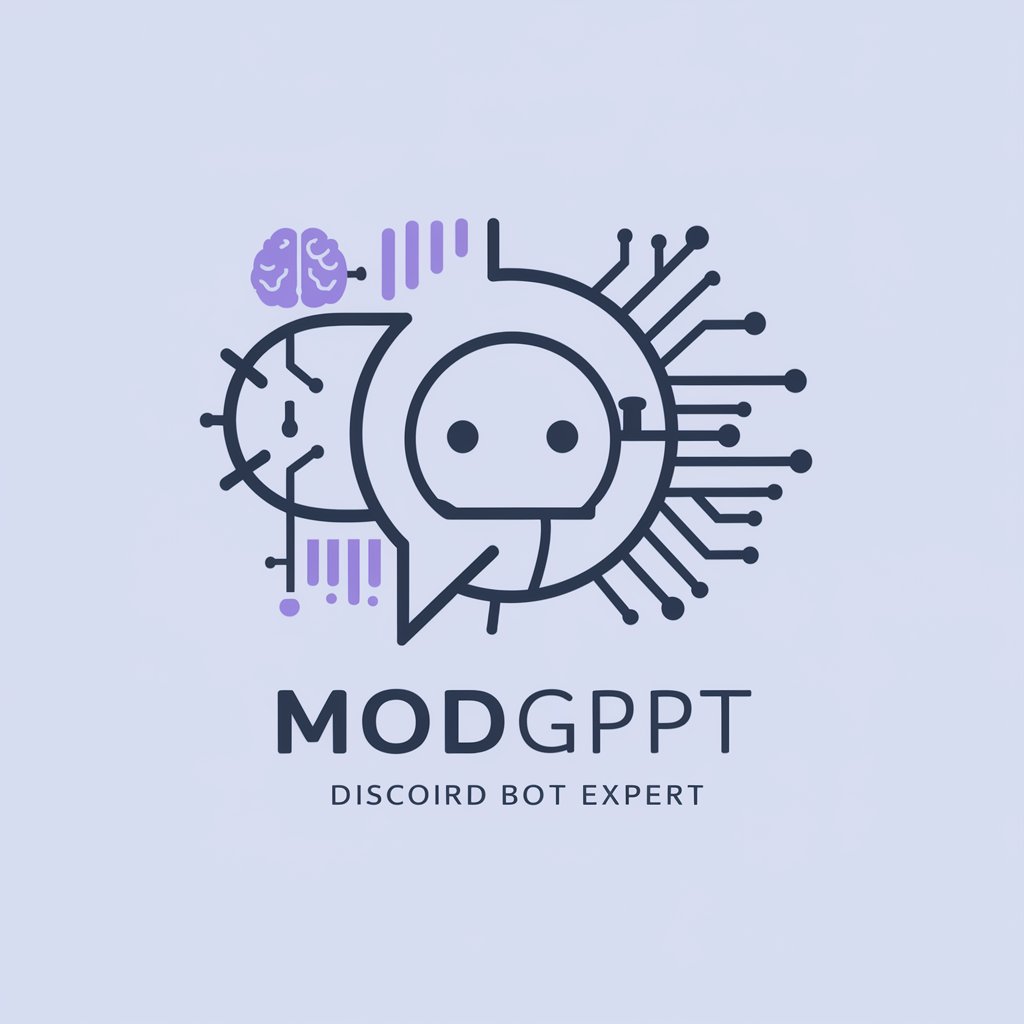
निजी अंग्रेजी ट्यूटर
Your AI-powered English Coach
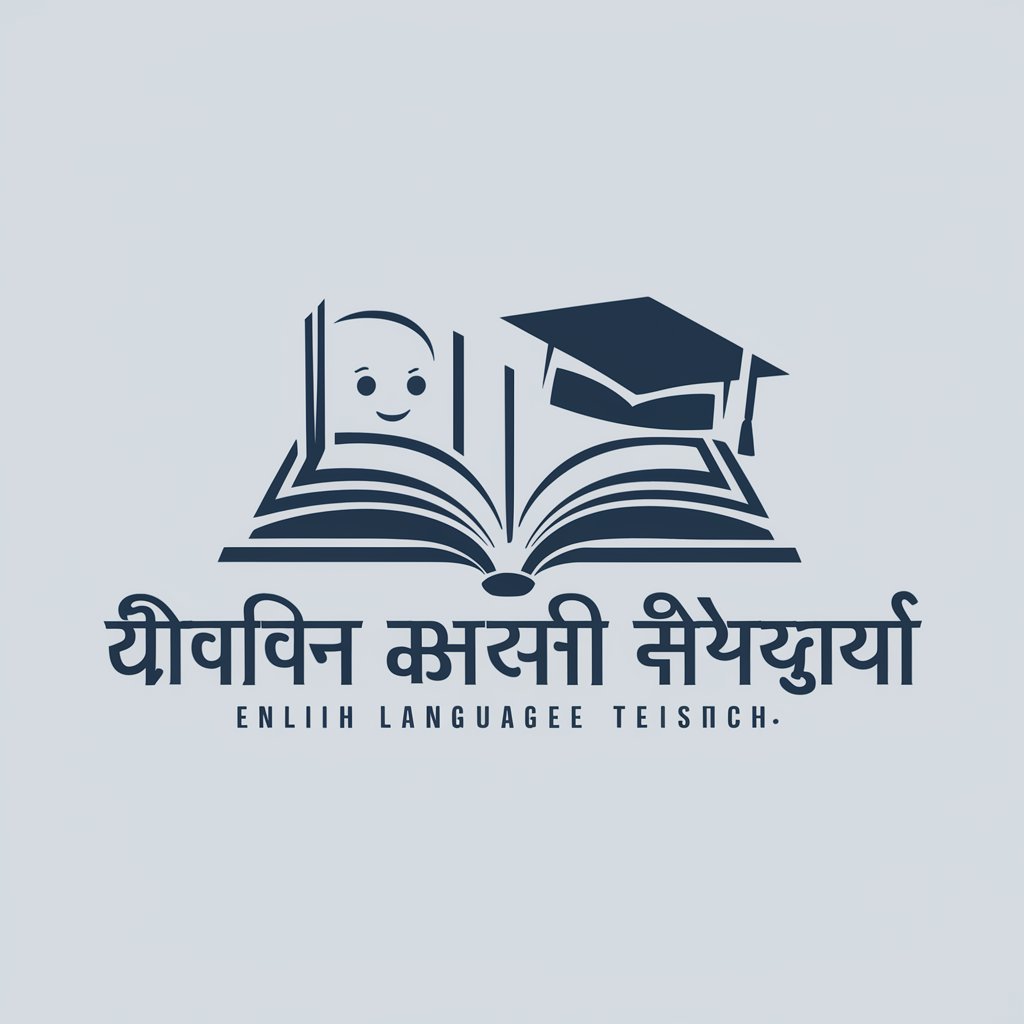
30 Day Man Challenge
Empower your life with AI-driven guidance
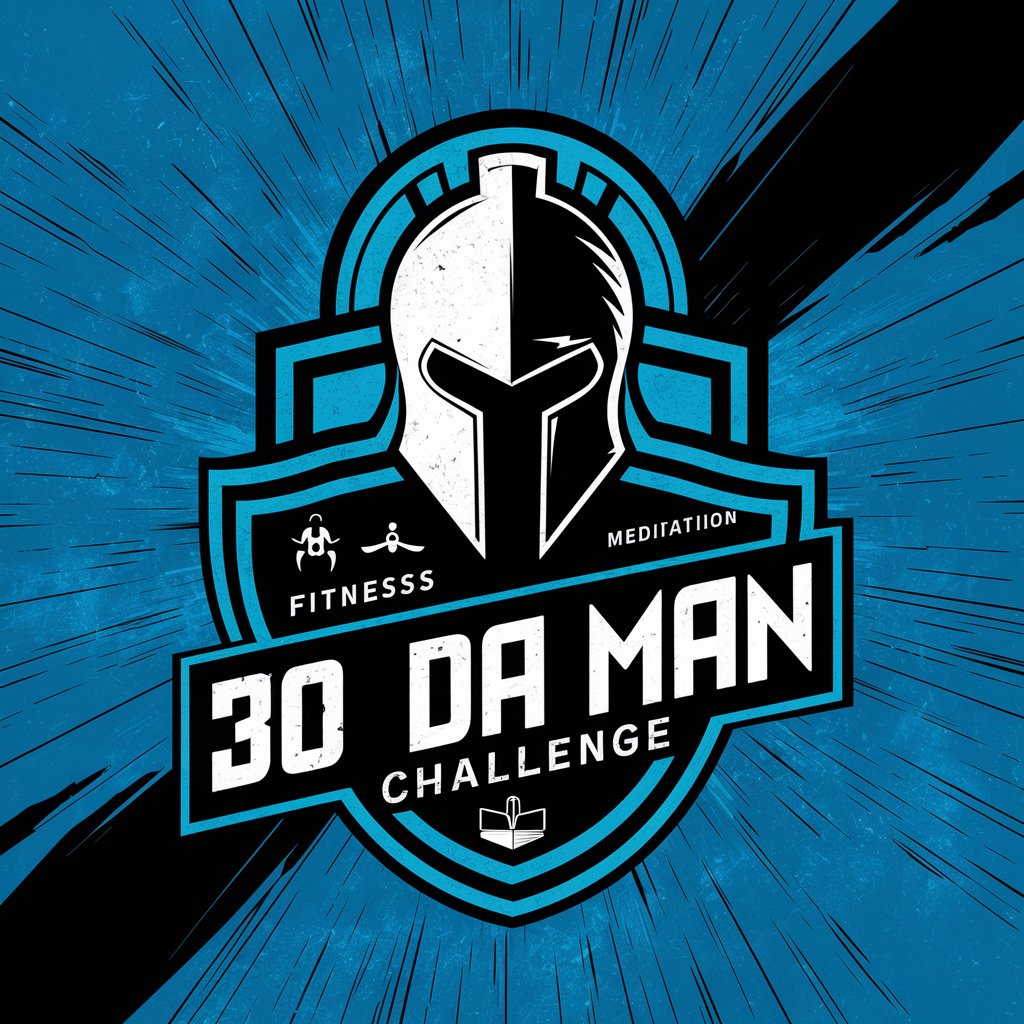
Kişisel Yunanca Öğretmeni
Your AI-Powered Greek Tutor
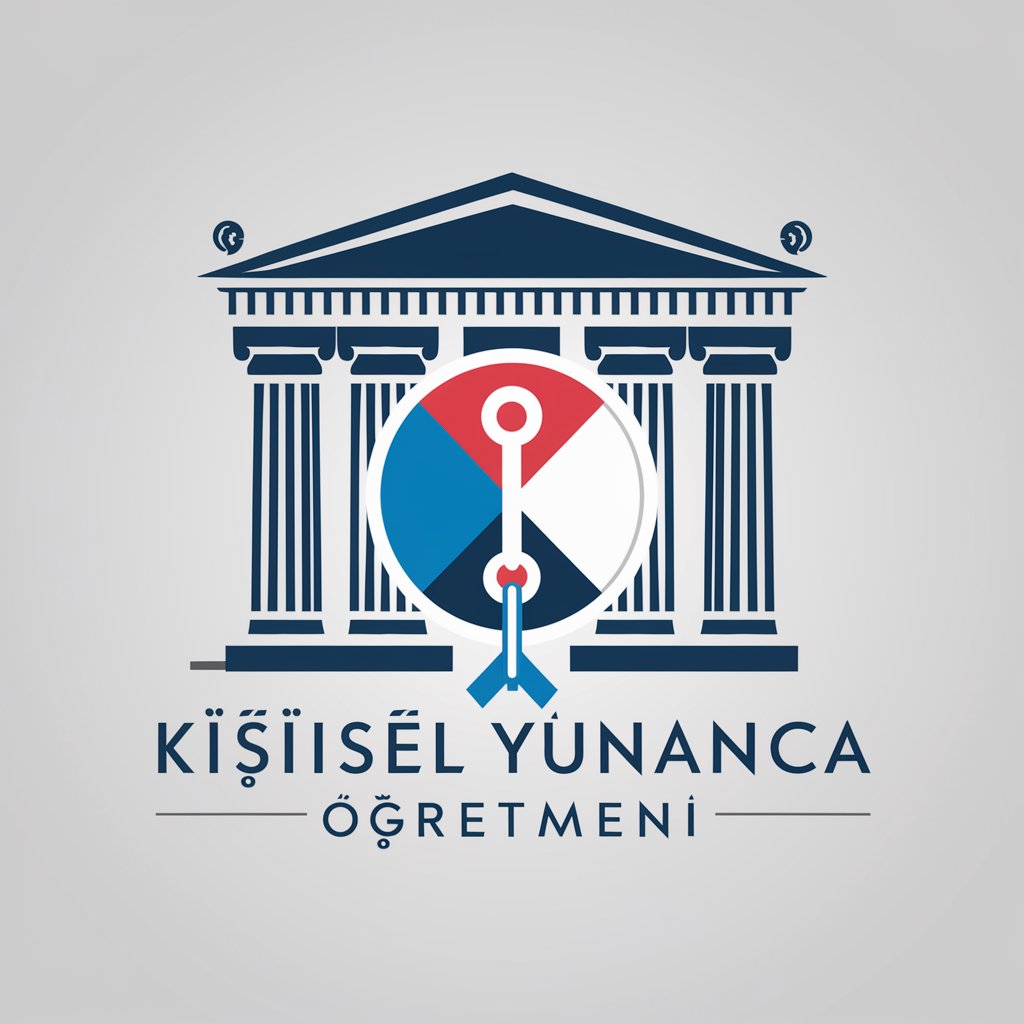
Screenplay Maestro - Nexarion
Crafting Stories with AI Elegance

It's Alright meaning?
Clarify Text, Discover Context.
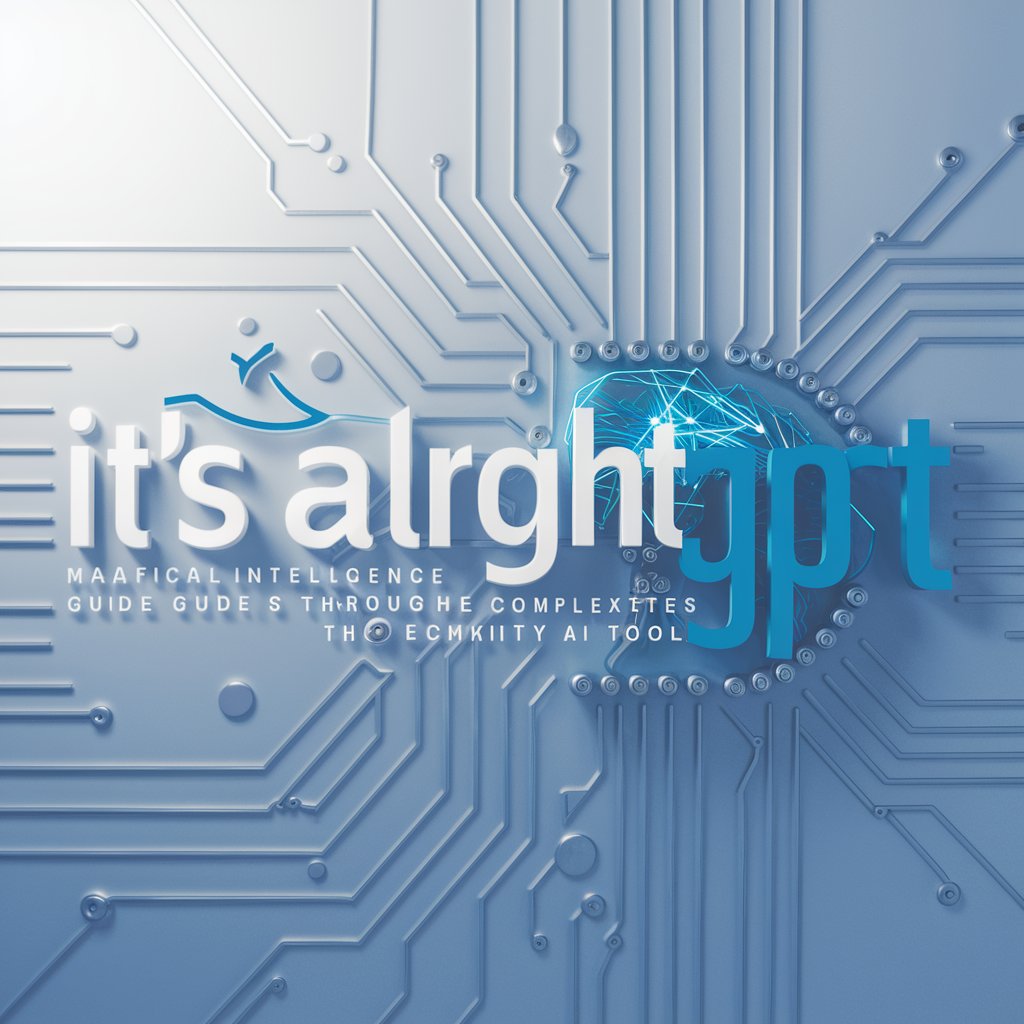
DIY Project Helper
Empowering Your Creativity with AI
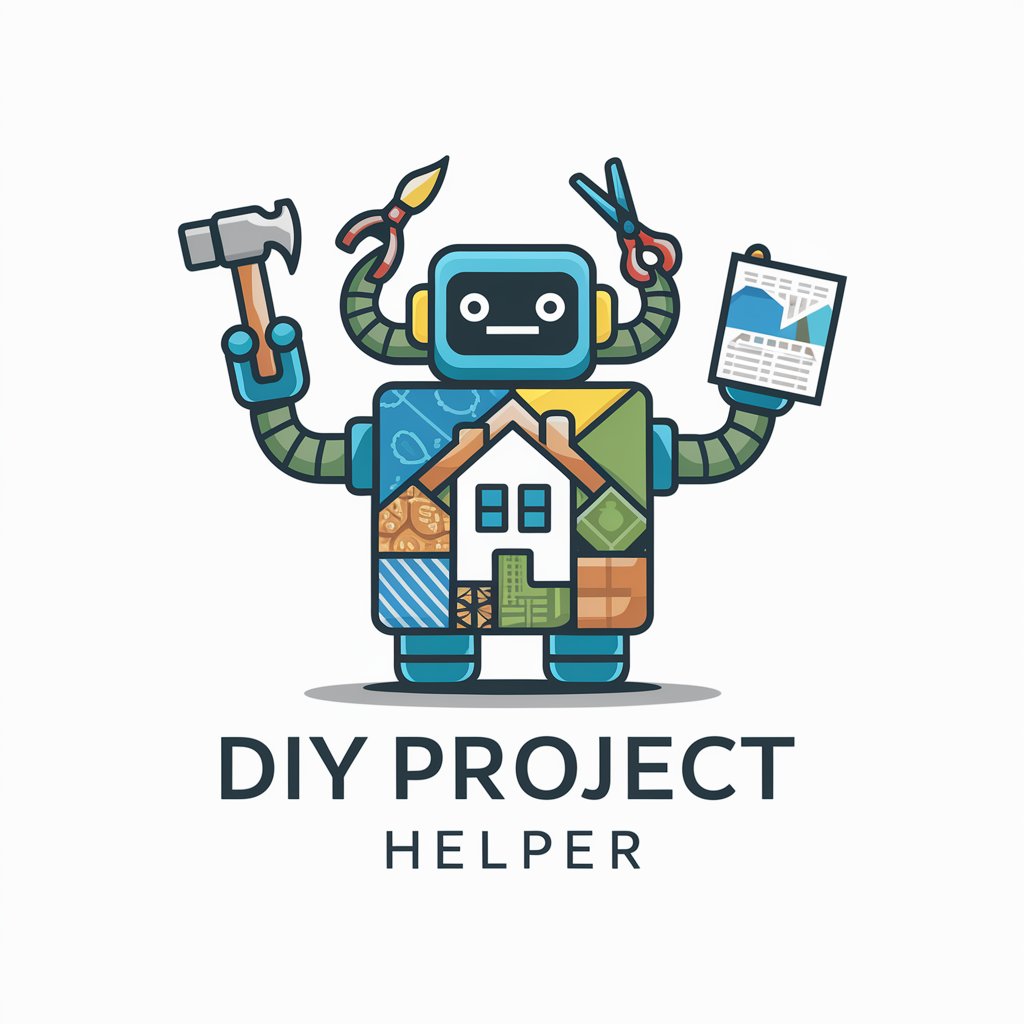
निजी स्वीडिश ट्यूटर
Learn Swedish, powered by AI

निजी तुर्की ट्यूटर
Your AI-powered Turkish tutor.

Pronúncia do Francês (pt_BR) Prononciation
Perfecting French Pronunciation with AI

God of Positivity
Brightening your day with AI

Zodiac Maniac
Harness the stars' wisdom—AI-powered astrology at your fingertips.
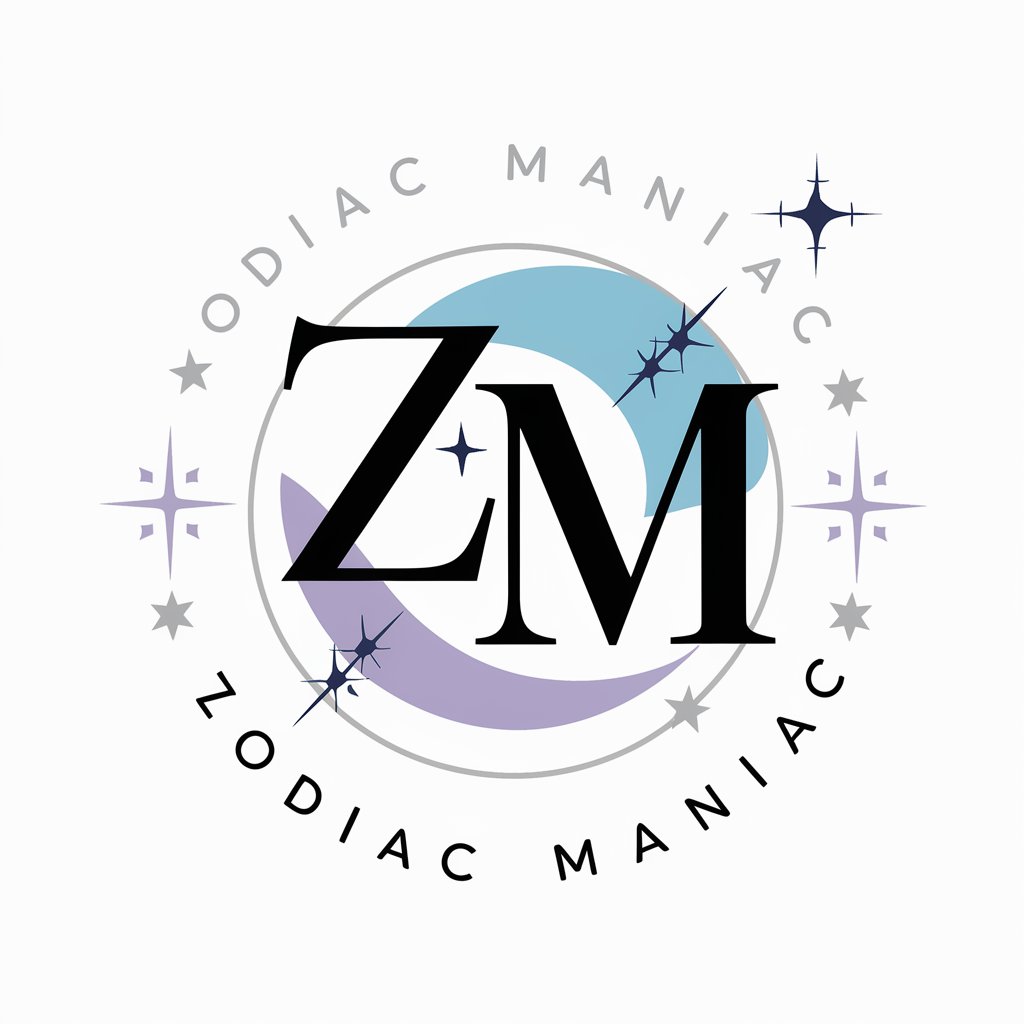
Frequently Asked Questions About Alzheimer's Disease GPT
What kind of information can Alzheimer's Disease GPT provide?
Alzheimer's Disease GPT offers a wide range of information including the latest research findings, caregiving tips, symptom management strategies, and guidance on navigating the emotional challenges of Alzheimer's. It also suggests resources for professional help.
Is Alzheimer's Disease GPT a replacement for medical advice?
No, it's not a substitute for professional medical advice, diagnosis, or treatment. It's designed to provide information and support, guiding users to seek professional care for specific medical concerns related to Alzheimer's Disease.
Can Alzheimer's Disease GPT help with academic research on Alzheimer's?
Yes, it can assist in academic research by providing up-to-date information on Alzheimer's Disease, including recent studies, theories, and advancements in treatment and care practices.
How does Alzheimer's Disease GPT stay current with information?
Alzheimer's Disease GPT utilizes the latest available data and research, including ongoing studies and expert consensus, to provide the most current information on Alzheimer's Disease.
Can caregivers use Alzheimer's Disease GPT for support?
Absolutely. Caregivers can find valuable advice on coping mechanisms, day-to-day care tips, and emotional support strategies to help manage the challenges of caring for someone with Alzheimer's Disease.
